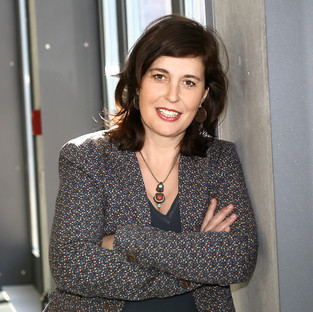Preconceptional Genetic Carrier Screening on Rare Diseases
Social Implications, Ethical Problems and the Perspective of Patient Organizations
Funding: Bundesministerium für Bildung und Forschung (BMBF)
Duration: 2013-2015
Carried out by: Dr. Julia Inthorn
Summary
In this interdisciplinary research project we explore the social and ethical implications of preconceptional genetic carrier screening. Genetic tests that can tell couples if they are both carriers of the same autosomal recessive disease are currently developed and already commercially available in some countries. The newly developed tests aim at screening for carrier status for several hundred recessive diseases. Such tests can (potentially) be offered to all couples before a pregnancy (preconceptional) who are planning to have children. They offer information about the risk of future children being affected of those diseases. Preconceptional carrier screening can be seen as a new option for preventing rare diseases. At the same time it can have major social implications (e.g. social pressure on couples to use such a test) and raises ethical questions (e.g. on which grounds should the diseases tested for be chosen).
The research consortium will analyse potential risks and benefits of preconceptional genetic carrier screening by combining the perspectives and methods from sociology and medical ethics. A shared starting point will be the systematic integration of the perspective of patients with rare diseases, their relatives and patient organizations, who might be especially affected of the new technology. The project aims at developing recommendations for the responsible use of preconceptional genetic carrier screening and wants to contribute to a public debate about it that already accompanies the development and commercial launch. In the empirical part of the project qualitative methods will be used (interviews and focus group discussions with affected persons and potential users). Based on the empirical results an ethical analysis of risks and benefits of potential ways of usage of the new technology will be conducted.
